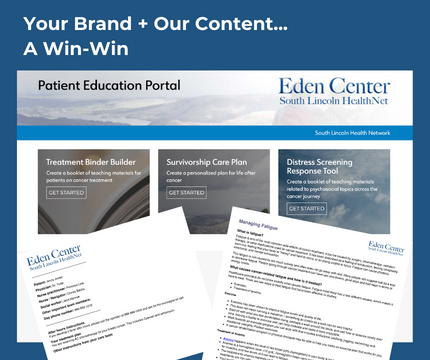Quitting Alcohol Use Can Reduce Cancer Risk
Table of Contents
Your risk for cancer related to alcohol use will decrease over time if you stop drinking. Quitting can help your health.
What health problems can be caused by alcohol use?
Heavy alcohol use can cause health problems like cirrhosis of the liver, hepatitis, high blood pressure, heart disease, and stroke. Alcohol can damage cells in your body and can also increase your risk of cancer.
What types of cancer can alcohol use cause?
Alcohol use increases your risk of cancers of the:
- Mouth, throat (pharynx), voice box (larynx).
- Esophagus (swallowing tube).
- Liver.
- Breast (in women).
- Colon and rectum.
The risk for each of these cancers increases with the amount of alcohol you drink over time. It does not matter what you drink, whether it be beer, wine, or liquor (distilled spirits).
The risk varies for each type of cancer. It is based on how much you drink and if you are also using tobacco. Heavy drinkers can have as much as 10-15 times higher risk of these cancers than those who do not drink. Risk increases after just 1 drink a day for women or 2 for men. One drink means:
- 12 ounces of regular beer,
- 5 ounces of wine, or
- 1.5 ounces of 80-proof liquor.)
Higher breast cancer risk has been linked to having just a few drinks a week, so the risk is not limited to heavy drinking.
Smoking cigarettes and using other tobacco products puts you at higher risk for cancers of the mouth, throat, voice box, and esophagus. Tobacco and alcohol use together cause many more of these cancers than either cause on its own.
If you are a moderate to heavy drinker, you can decrease your risk of cancers linked to alcohol by cutting down alcohol use or stopping. It may be hard at first to deal with alcohol withdrawal symptoms and can be even harder to stop drinking entirely, but it will improve your health. Your healthcare provider can help you make a plan if you decide to quit drinking to manage the symptoms of withdrawal, especially if you are a heavy drinker. After 15-20 years of being alcohol-free, your risk of esophageal or head and neck cancer does decrease, though it does not ever reach that of a never drinker.
Visit Oncolink.org for more information on alcohol use and cancer risk.
